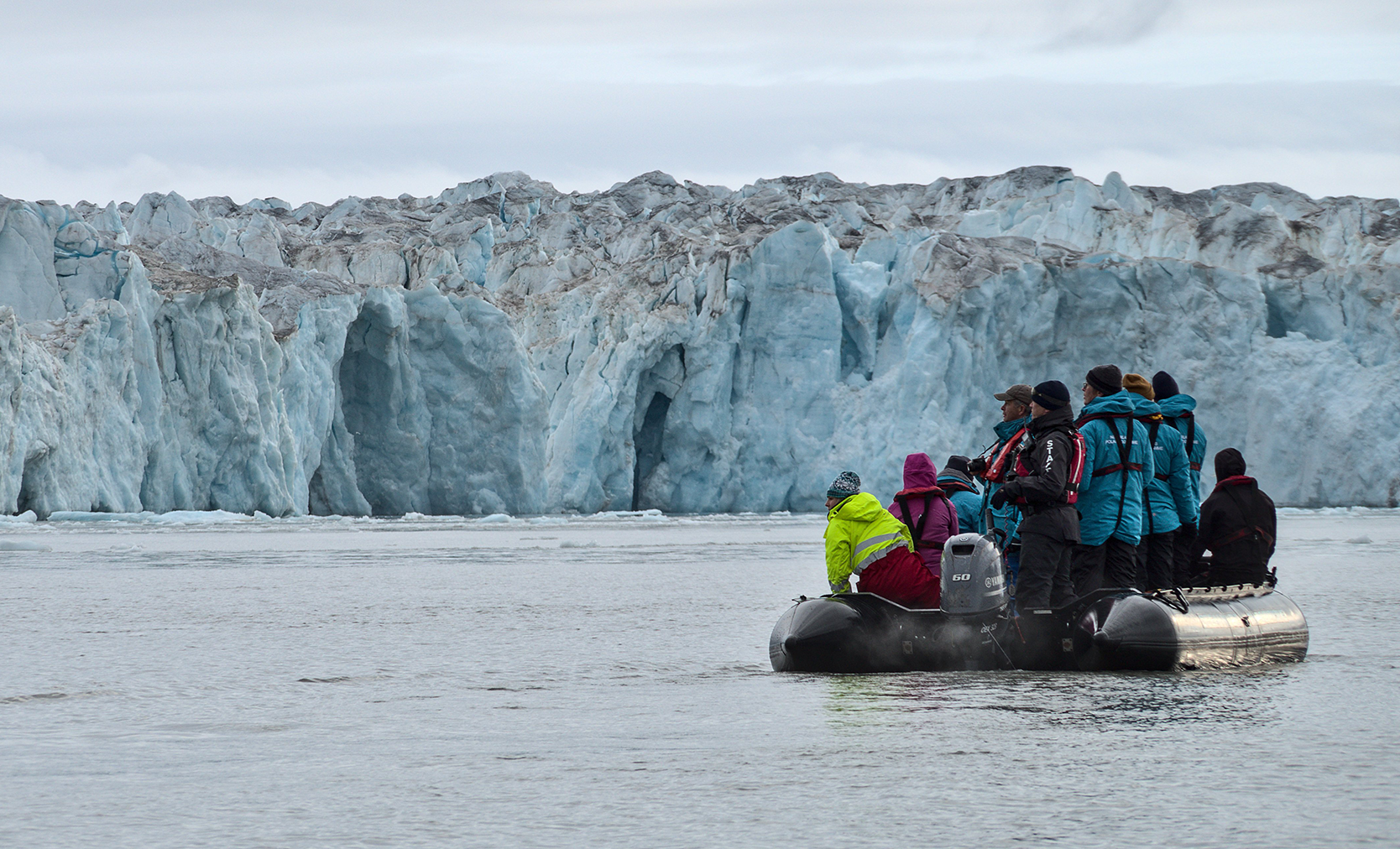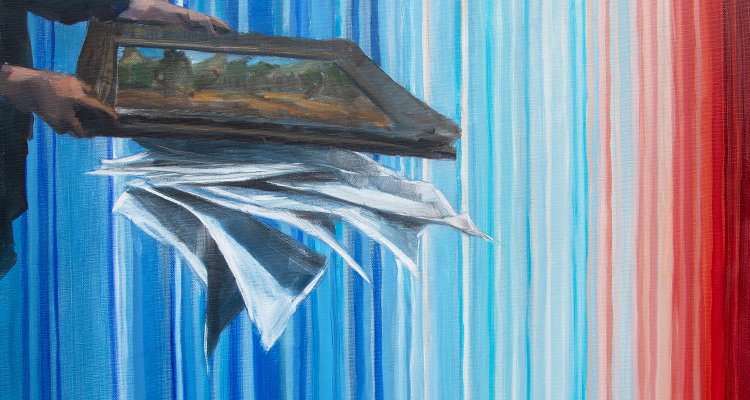‘According to Professor Arjen Wals, the state of the world today demands nothing less than a radical reorientation of our education.’ That was the announcement for a Studium Generale session on higher education in times of crisis. Resource discussed the topic with Wals.
Does WUR also need a radical reorientation?
Arjen Wals, professor of Transformative Learning for Socio-ecological Sustainability in the Education and Learning Sciences chair group: ‘That depends on how you look at it. WUR is the world’s most sustainable university according to the GreenMetric ranking. And according to the Dutch University Guide, we have had the best education for 20 years now. So should we change? But if you ignore the rankings, you can answer the question by considering what you see when you cycle around the campus.’
So what do we see, from your perspective?
‘There are all kinds of contradictions that function as a sort of hidden curriculum for unsustainability. The free car parking. Catering with meat. The huge predominance of Western sources in our research and education. The relatively limited room for other forms of knowledge. Artificial grass on the playing fields, full of rubber pellets that end up in the water system through leaching or via the players’ washing machines. We should be talking more about things like this that make us feel uncomfortable. You learn from the contradictions.’
Long live self-reflection?
‘It does indeed require us to take a critical look at ourselves. Perhaps the normative direction of our research and education is determined more by economic considerations than environmental ones.’
There are contradictions everywhere in what we do on sustainability
‘Perhaps we’re focusing too much on ridiculous things such as “‘smartphones for dogs and pre-peeled bananas”, as George Monbiot put it in 2015.We should be prepared to specify what exactly we’re encouraging in the world with our research and education and what we’re weakening or disregarding — even if unconsciously.’
To eventually achieve a ‘whole-university approach’?
‘If you want our university to be genuinely sustainable and take an independent, critical stance on society, that affects everything we do. Take the rankings. Utrecht no longer takes part because it says the rankings distract from what really matters. You could also decide for example to stop working on the basis of subject fields or disciplines in your research and education and instead focus on issues that arise in the world around you as the starting point, using living labs. That is also a form of learning and investigating. Then you look at all aspects of the university, one by one. What has an unintended negative effect on sustainability and what can we change to bolster sustainability? If we tackle all those factors in a joined-up way, we’ll have a whole-university approach.’
Would such an approach make the teaching more relevant?
‘Talking generally for a moment: why do so many people — pupils, students, teachers — dislike school? Western education could do much more to address the crucial issues of health, biodiversity and climate change. The fear is that then young people will no longer learn writing and arithmetic properly, but it’s not a question of either/or. You can learn arithmetic fine by doing sums about inequality, or hone your writing skills by explaining how plastic soup affects aquatic life. In Wageningen, we already arrange our education around such issues to a large extent, but it could be improved even further.’
Should the education side start focusing on new, different competencies?
‘That’s already starting to some extent, with sustainability competencies such as systems thinking, future thinking and reflection on how to make alternative futures attainable. A fairly new aspect is the interest in what we call inner sustainability: the individual’s physical and mental wellbeing. Because if you deplete your own resources, you won’t be able to do much for the world. We are paying increasing attention to that in our teaching, as well as to the “pedagogy of resistance”. That means learning to take a critical look at things, to question the underlying values and principles and to be willing to mention inconvenient truths. That’s what will get us further.’
You also advocate ratcheting up citizen science and contacts with society at large.
‘That’s right, especially concern-driven citizen science where the public has a genuine say in the questions that are asked. We should shape science in a way that lets the general public feel genuinely involved.’
That conversation in the tricky middle ground is interesting
‘That will also increase their confidence in science. If society at large doesn’t think science and higher education are important, it becomes easier for politicians to cut the funding.’
Will WUR be doing things better or doing better things?
‘That’s the crucial question. If you aim for a “whole university”, that can lead to uncomfortable truths because you may discover that half the university is working on strengthening a system that the other half says needs to be dismantled because it is the source of many global problems. But it is precisely that conversation in the tricky middle ground that is interesting — that’s how you make real progress.’

 Arjen Wals, professor of Transformative Learning for Socio-ecological Sustainability, advocates more concern-driven citizen science in which the general public has a say in the questions being asked. The photo shows an expedition in 2024 to the Svalbard archipelago (previously known as Spitsbergen) with about 50 tourists and an equal number of scientists. Photo Nathalie Steins
Arjen Wals, professor of Transformative Learning for Socio-ecological Sustainability, advocates more concern-driven citizen science in which the general public has a say in the questions being asked. The photo shows an expedition in 2024 to the Svalbard archipelago (previously known as Spitsbergen) with about 50 tourists and an equal number of scientists. Photo Nathalie Steins 

